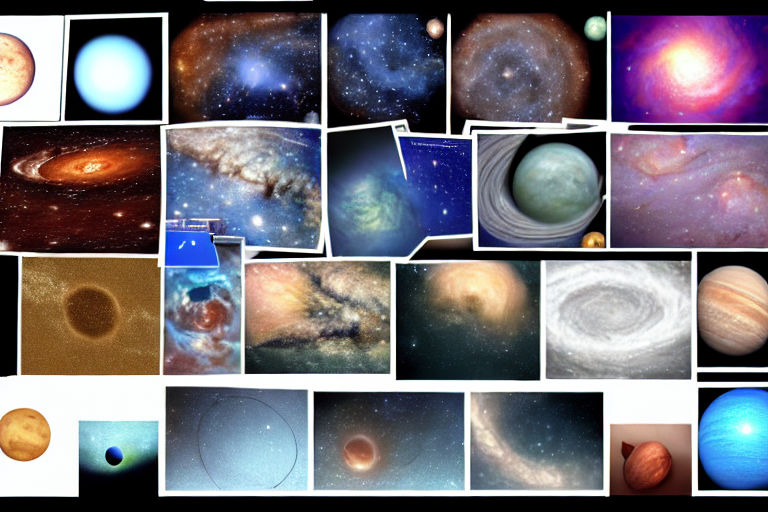How Astronomy and Math Lead to the Discovery of Exoplanets beyond the Solar System.
Astronomy and mathematics are two fields that have been intertwined for centuries. The use of mathematics in astronomy has allowed us to make groundbreaking discoveries such as the existence of exoplanets beyond our solar system. Exoplanets are planets that orbit a star outside the solar system.
How Does Astronomy Help Discover Exoplanets?
Astronomers use various techniques to discover exoplanets. One of the most common methods is the transit method. This involves observing the brightness of a star over a period of time. If a planet passes in front of the star, it will cause a dip in the star's brightness. By measuring the amount of light blocked by the planet, astronomers can determine its size and shape.
Another method is the radial velocity method. This technique involves measuring the star's wobble caused by the gravitational pull of orbiting planets. As a planet orbits a star, it causes the star to "wobble" slightly, which can be detected using high-precision instruments.
How Math Helps Discover Exoplanets?
Mathematics plays a critical role in the discovery of exoplanets. One of the most important mathematical tools used is statistics. Since astronomers are typically looking for small signals in large datasets, statistical methods are used to filter out noise and identify potential exoplanets.
Mathematics is also essential for the modeling of exoplanets. The shape, composition, and behavior of exoplanets can be predicted using mathematical models. These models allow astronomers to make predictions about the conditions on exoplanets and determine whether they could potentially support life.
Conclusion
The discovery of exoplanets beyond the solar system has been a major breakthrough in the field of astronomy. Mathematics has played a critical role in this discovery, helping to filter out noise and make predictions about the conditions on exoplanets. With new advancements in technology and data analysis, we can expect even more discoveries in the coming years.



